Part of the Iran-backed “Axis of Resistance,” the Houthis have supported Palestinians since Hamas attacked Israel on October 7.
Houthi military spokesman Yahya Saree said in a statement that the group had launched “a large number” of ballistic missiles and drones toward Israel, and that more similar attacks would be carried out “to help the Palestinians achieve victory.”
His statement confirmed the widening of the conflict, a development that has alarmed many countries including the world's largest oil exporter, Saudi Arabia, and further fueled fears of a spillover as Israel continues to seek to destroy Hamas in Gaza.
Saree said it was the third Houthi attack on Israel since the conflict began, and appeared to confirm responsibility for a drone attack on October 28. The attack led to an explosion in Egypt that Israel blamed on the Houthis.
Israeli National Security Adviser Tzachi Hanegbi said the Houthi attacks were unacceptable, but also declined to comment when asked about the possibility of an Israeli response.
Axis of Resistance
The Houthis are a formidable faction in the “Axis of Resistance,” which opposes Israel and the United States. They have carried out numerous attacks in the area since the October 7 incident.
Iran-backed Iraqi militias have opened fire on US forces in Iraq and Syria, at the same time as Lebanon's Hezbollah exchanged fire with Israeli forces on the Lebanon-Israel border.
The Houthis have demonstrated their missile and drone capabilities in the Yemen war through attacks on Saudi Arabia and the United Arab Emirates. The Saudi-led coalition accuses Iran of providing weapons, training and financial investment to the Houthis. The group has denied being an Iranian proxy and insists it has developed its own weapons.
The United States, Israel's main ally, has deployed an aircraft carrier to prevent the conflict in Gaza from spreading. Iran has also said it does not want the war to spread.
However, on Tuesday, Iran's Foreign Minister Hossein Amirabdollahian signaled that Tehran could go further.
“The resistance groups will not remain silent in the face of the crimes of the Zionist regime and the American support for it,” he said in a meeting with the Emir of Qatar. “They will not wait for encouragement from other forces; if the situation gets out of control, all sides will suffer the consequences.”
Houthi spokesman Saree blamed Israel for the instability in the Middle East, saying the “cycle of conflict” in the region was being repeated due to the country’s “continuous crimes.” The Houthis would continue to attack “until Israel stops its belligerent acts.”
Houthi missiles and drones have all been shot down, and for now these attacks are “more of a message than a military threat,” said Mohanad Hage Ali of the Carnegie Middle East Institute.
“The risk that Israel faces is that in the event of a full-scale war, a barrage of missiles launched from different directions could overwhelm its defense system.”
Concerns from Saudi Arabia
Yemen has had a generally stable year thanks to a UN peace movement. Saudi Arabia has been negotiating with the Houthis to end the war, with Riyadh keen to focus on domestic economic issues.
However, the Houthi attack on Israel has increased the risk of renewed conflict with Saudi Arabia.
The direct flight from Yemen to Israel crosses western Saudi Arabia near the Red Sea before entering Jordan and reaching Israel.
The Saudi government's media department did not respond to a request for comment on the kingdom's concerns regarding the Houthi attacks.
Saudi Arabia will be very concerned about the possibility of the conflict spilling over into its territory, said Saudi analyst Aziz Alghashian.
“I think the problem here is that this war potentially puts the Saudis in a position where they will be seen as choosing to side with the US and Israel, or side with Iran. I think the Saudis want to avoid that situation.”
Saudi Arabia and Iran, the Sunni and Shi'a powers, agreed to restore diplomatic relations earlier this year, easing tensions that have fueled regional conflicts for years in the Middle East.
In 2019, the Houthis were responsible for an attack that temporarily cut off more than half of Saudi oil production. The US has claimed that Iran was behind the attack, but Tehran has denied that claim.
Nguyen Quang Minh (according to Reuters)
Source








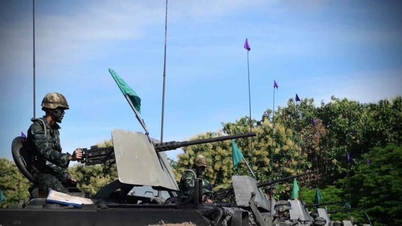

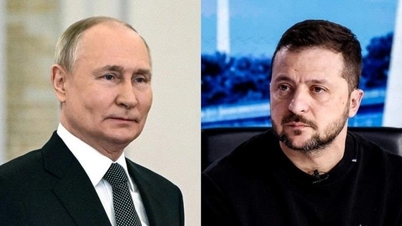


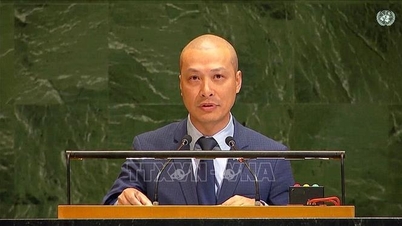



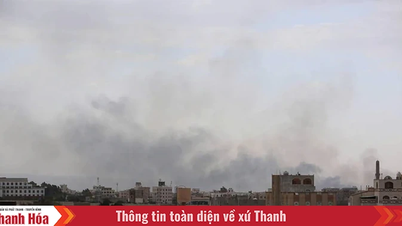

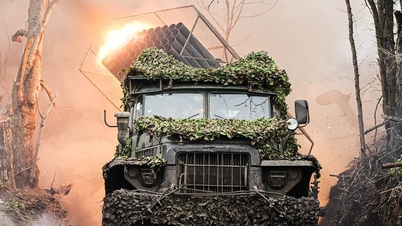
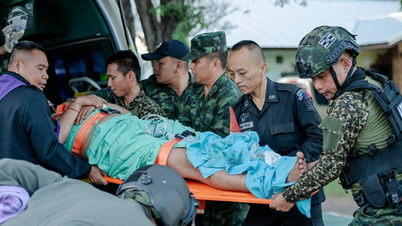
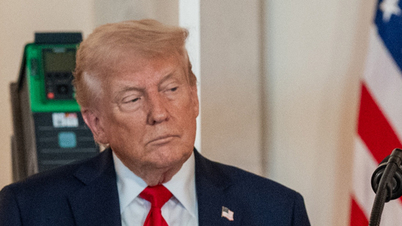


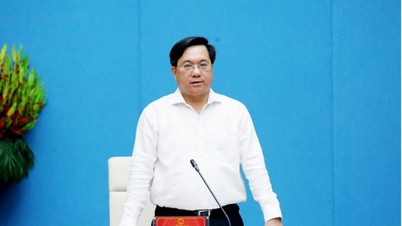
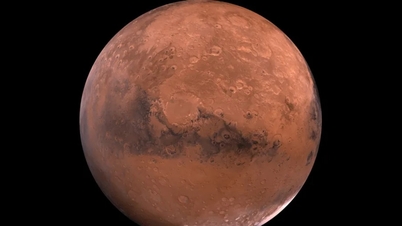
















































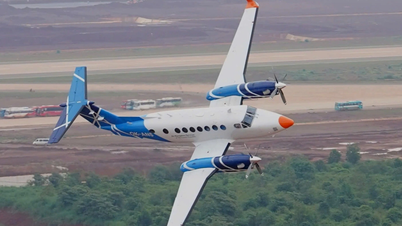

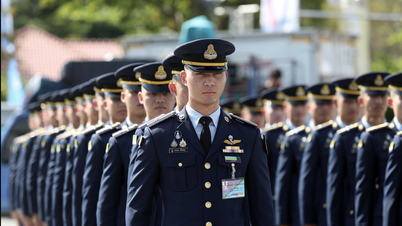
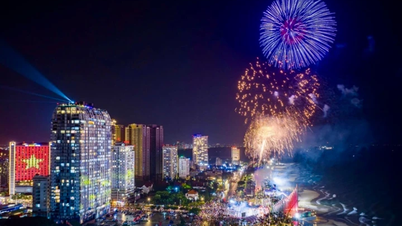

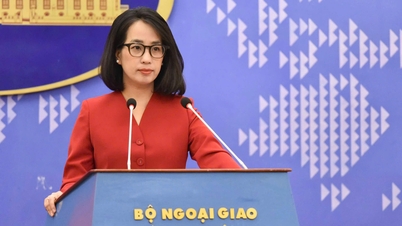











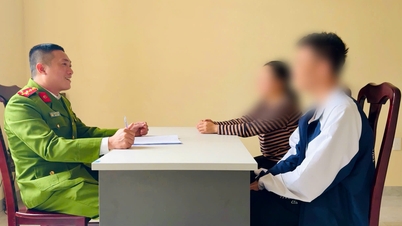







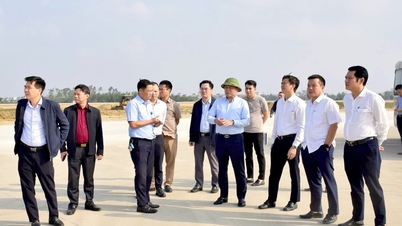










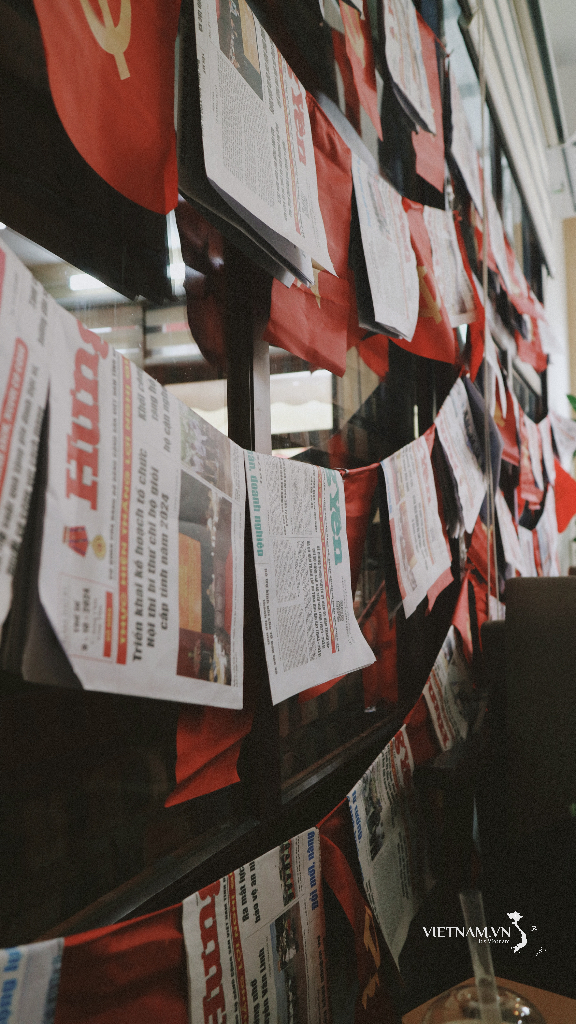







Comment (0)